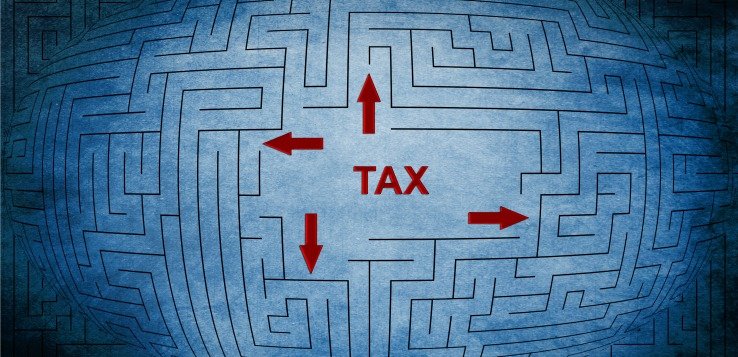Changes to the Federal tax system were signed into law in late 2017. But what do those changes actually mean for the average person? If you’re like most Americans, you’ll wonder how the new tax law will impact exemptions and credits. That’s why we’re offering some insight into the new tax law and your taxes. Read on for a look at two questions you might have.
What Will the New Tax Law Mean for the Personal Exemption?
Starting with the current tax year (for the tax return you’ll file in April 2019), the bill eliminates the personal exemption altogether, though this repeal ends after 2025.
However, the standard deductions increase, up to $12,000 for single filers, up to $24,000 for married couples filing jointly, and up to $18,000 for the head of household.
Under the new law, this increase ceases after 2025.
What Will the New Tax Law Mean for the Child Tax Credit?
Regarding the child tax credit, this increases up to $2,000 per qualifying child younger than age 17, with the first $1,400 refundable, according to the Tax Policy Center.
The credit is $500 for other eligible dependents. The refundable portion of the credit is set at 15 percent of your earnings in excess of $2,500, up to $1,400 per child.
This means the tax credit may reduce your tax liability below zero, and you might still be able to receive a tax refund. The cut off for the tax credit increases from $110,000 to $400,000 for married couples filing jointly.
As with the standard deduction, this increase also ends after 2025.
Contact a San Diego Divorce Lawyer
When you’re going through a divorce, an experienced divorce attorney can help you understand the process and how to navigate child custody and child support. Questions about taxes and other financial issues are common.
If you are considering divorce or have already made the difficult decision to pursue divorce and have questions, contact JWB Family Law to schedule a free consultation.







